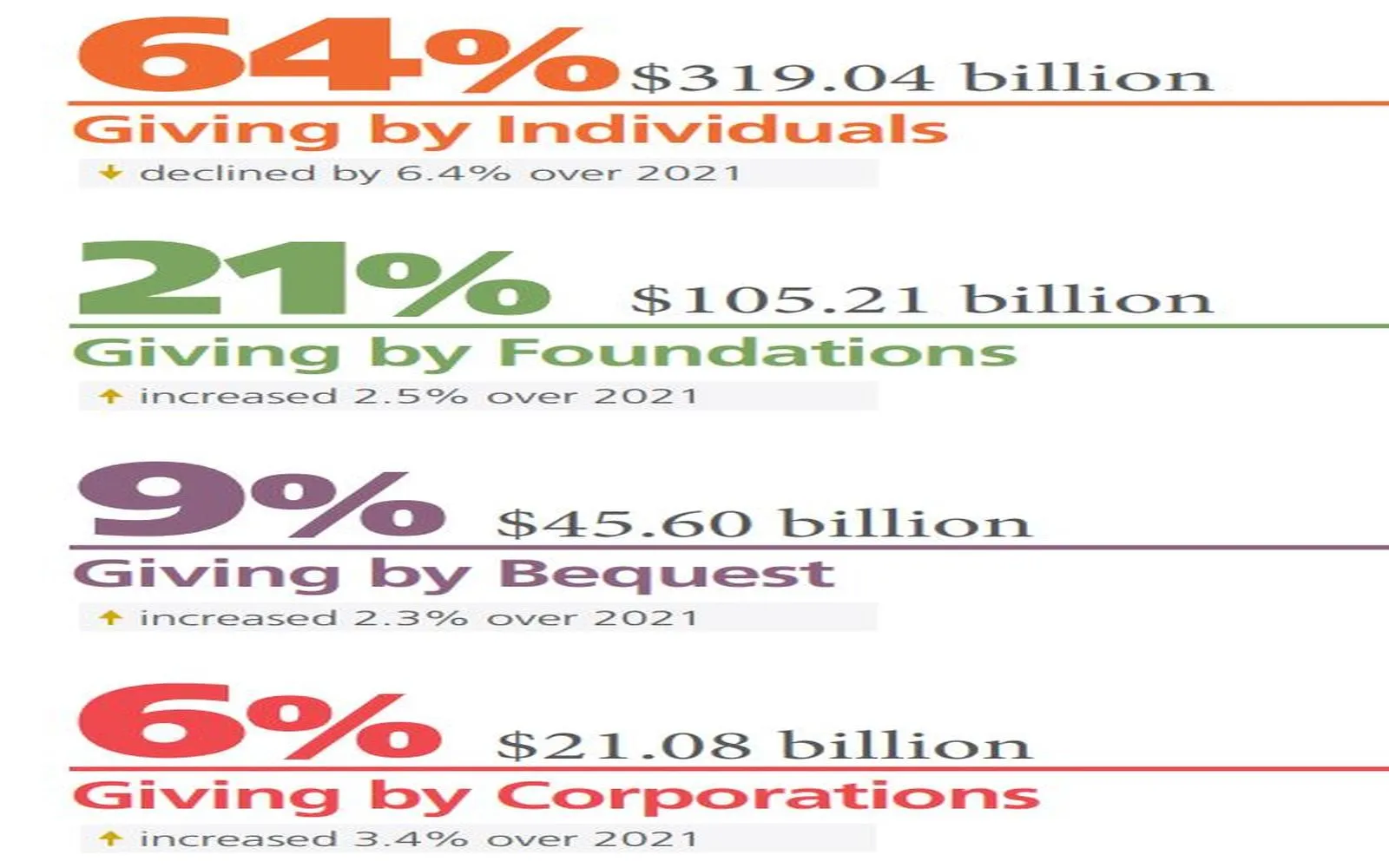Donating in the USA: A Guide to Giving Back
Donating to charitable causes is a cornerstone of generosity in the United States, with millions of Americans contributing their time, money, and resources to support causes close to their hearts. Whether it’s through direct monetary donations, in-kind gifts, volunteering, or participating in charity events, donations play a critical role in strengthening communities and improving lives. This article explores how donations work in the USA, the various ways to contribute, and how your charitable actions can make a lasting impact.
Why Donating Matters
Donating to charitable organizations allows individuals to have a direct impact on communities and causes that matter to them. Donations can provide essential services, fund research, alleviate suffering, and help underserved populations. In the USA, donations are a means for people to express their values, address social issues, and give back to society.
Not only does donating improve the lives of others, but it also strengthens a culture of empathy and generosity. Many people find that giving back brings a sense of fulfillment, purpose, and connection to their community.
Ways to Donate in the USA
1. Monetary Donations
One of the most common ways to donate is by contributing money. This can be done in various ways:
- Online Donations: Many nonprofit organizations offer online donation portals through their websites, making it easy for individuals to donate directly. Popular platforms like GoFundMe, JustGiving, and PayPal also facilitate charitable donations.
- Recurring Donations: Many nonprofits offer the option to set up recurring monthly or annual donations. This consistent support helps organizations plan and execute their long-term initiatives.
- Donating via Workplace Giving: Some employers offer workplace giving programs, where employees can donate through payroll deductions. These donations may be matched by the employer, amplifying their impact.
2. In-Kind Donations
In-kind donations involve giving goods or services instead of money. These donations can be incredibly valuable for nonprofits, especially those focused on providing food, clothing, medical supplies, or educational materials. Common in-kind donations include:
- Clothing and Household Items: Donating gently used clothing, furniture, or household goods to organizations like Goodwill or The Salvation Army.
- Food Drives: Contributing non-perishable food items to food banks or organizing food drives in your community.
- Toys and Gifts: During the holiday season, many organizations run toy drives to collect gifts for children in need.
3. Volunteering Time
While financial donations are vital, donating your time and skills can be just as impactful. Volunteering is a hands-on way to contribute to causes you care about. It can range from helping out at a local food bank, tutoring children, or offering pro bono services as a lawyer, doctor, or other professional.
Volunteer opportunities are available in a wide range of fields, including:
- Homeless Shelters
- Animal Rescue Organizations
- Environmental Groups
- Hospitals and Health Organizations
- Schools and Youth Programs
4. Donating Stocks or Other Assets
For individuals with significant financial resources, donating stocks, bonds, or other assets is a way to give back while potentially reducing taxable income. Donating appreciated assets (like stocks) directly to charity can allow the donor to avoid capital gains taxes, while the charity receives the full value of the gift.
5. Fundraising and Charity Events
Participating in charity events such as walks, runs, and auctions is another way to contribute. These events often raise funds for specific causes, such as cancer research, medical treatments, or disaster relief efforts. By attending or organizing an event, you’re supporting a charitable organization and helping raise awareness.
Tax Benefits of Donating in the USA
Donating to qualified charitable organizations in the USA may provide tax deductions for individuals and businesses. The IRS allows taxpayers to deduct charitable contributions on their tax returns, reducing taxable income. Some key points to consider include:
- Qualified Charities: The IRS has a list of organizations that are eligible for tax-deductible donations, including 501(c)(3) nonprofits. It’s important to verify that the organization is tax-exempt before claiming deductions.
- Documentation: To claim a tax deduction, donors must keep detailed records of their donations. This includes receipts for monetary donations and itemized lists for in-kind donations.
- Donation Limits: The IRS places limits on how much of a deduction you can claim based on your adjusted gross income (AGI). The limit typically ranges from 20% to 60% of AGI, depending on the type of donation and the recipient organization.
How to Find Charitable Organizations
If you’re looking to donate but are unsure where to start, there are many resources to help you find a reputable charity:
- Charity Navigator: This website rates charities based on their financial health, accountability, and transparency. It helps donors make informed decisions about where to contribute.
- GuideStar: GuideStar provides information on nonprofits, including financials, mission statements, and the work they do. This helps donors research organizations before giving.
- Candid: Formerly known as the Foundation Center, Candid provides an extensive database of nonprofits and grantmakers.
Conclusion
Donating in the USA is a powerful way to contribute to causes that matter and make a tangible difference in people’s lives. Whether you choose to give financially, donate goods, volunteer your time, or participate in fundraising events, your contribution plays a crucial role in addressing social issues and improving communities. By taking advantage of the various ways to donate, you can ensure that your charitable actions have a lasting and meaningful impact. Remember to research organizations carefully, keep track of your donations for tax purposes, and give in ways that align with your values.
Explore

Donating in the USA: A Comprehensive Guide

Best Health Insurance in the USA: A Comprehensive Guide

Best Crossover SUVs of 2025 in the USA

Best Life Insurance 2025 in the USA

Best Personal Injury Attorneys in the USA (2025)

Small Business Payroll Services in the USA 2025

Garage Door Repair Services in the USA: Ensuring Safety and Convenience

Top Mesothelioma Attorneys in the USA
